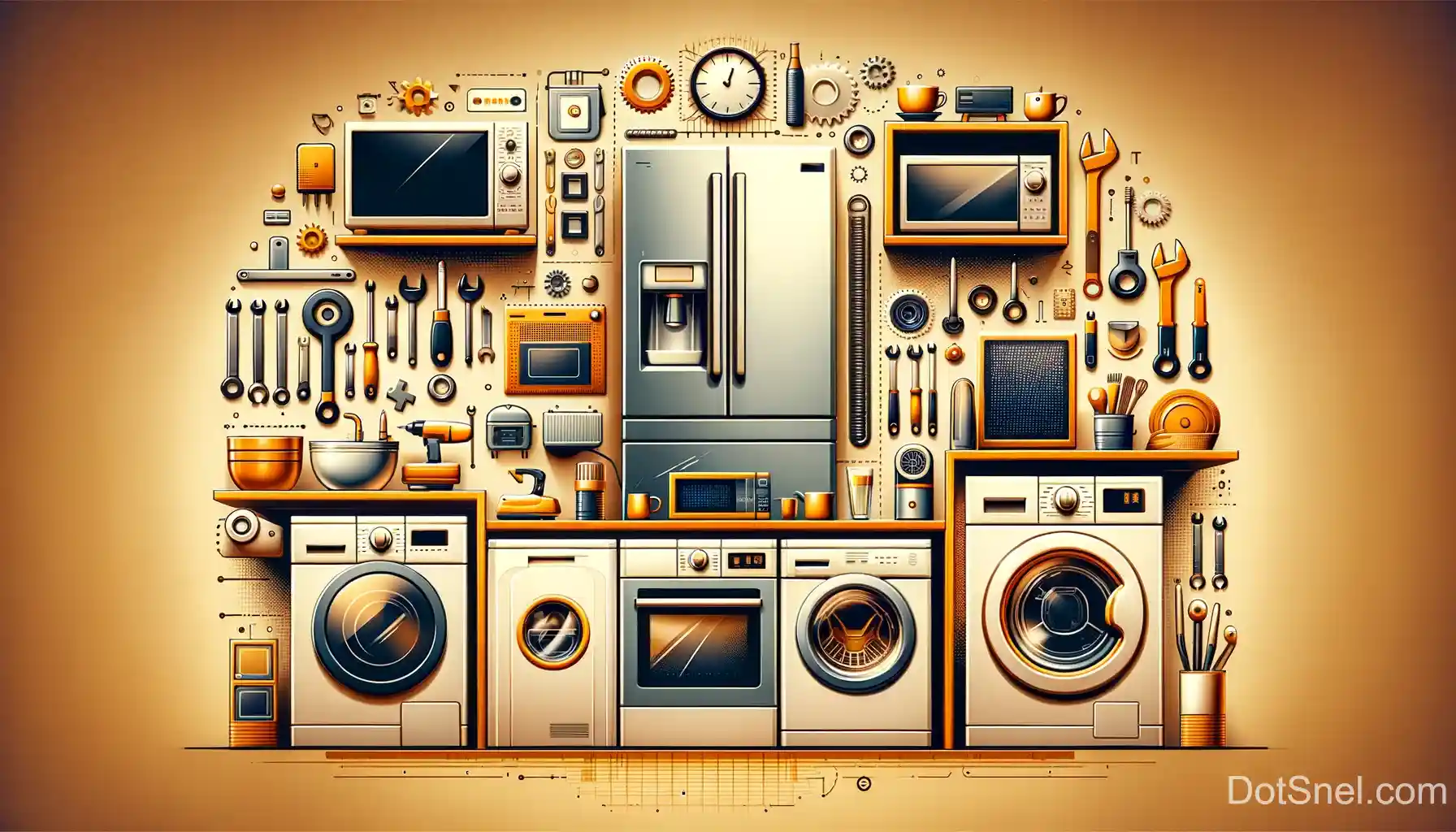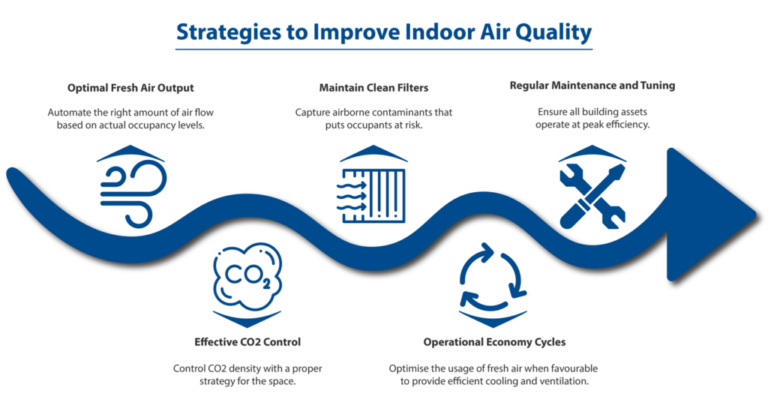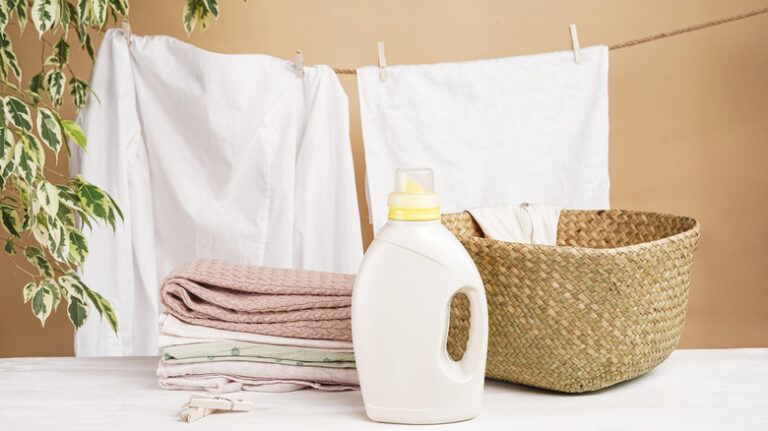The Ultimate Guide to Home Appliance Maintenance
Household appliances make everyday chores and tasks convenient. But like any machine, appliances need regular care and maintenance to keep them running smoothly. Preventative maintenance prevents expensive repairs down the line and can extend the lifespan of appliances by years. This article provides tips to maintain common home appliances and help them operate efficiently.
Key Takeaways:
- Regular maintenance keeps appliances working efficiently and extends their lifespan
- Cleaning and inspecting appliances helps spot issues before they become major repairs
- Changing filters, descaling, lubricating parts etc. are simple maintenance tasks for common appliances
- Annual tune-ups by professionals help identify and fix minor problems
- Creating a maintenance schedule and following manufacturer guidelines prevents unexpected breakdowns
- Investing a little time and effort into appliance maintenance saves money in the long run
Cleaning and Inspecting Appliances
One of the simplest maintenance tasks is to regularly clean and inspect appliances inside and out. Here are some guidelines:
- Clean surfaces and exterior – Wipe down outside of appliances to remove grease, dust and grime. Pay attention to vents, filters and areas around controls.
- Clean interior – For appliances like ovens, refrigerators and dishwashers, thoroughly clean the interior regularly. Remove all food residue and buildup.
- Inspect connections and seals – Check that doors close properly and seals are intact. Ensure cables and connections are not damaged. Tighten fittings when needed.
- Check for leaks or odd sounds – Catch minor leaks early before they lead to water damage. Note any unusual sounds and have them checked.
- Replace old accessories – Check condition of accessories like trays, racks, filters etc. Replace if worn out.
Maintenance Tips by Appliance
Specific maintenance tasks are recommended for different appliances:
Washing Machine
- Clean lint filters – Lint buildup can limit airflow and lead to overheating. Clean the lint filter after each load.
- Inspect hoses – Check hoses for cracks or leaks and replace old hoses. Ensure hose fittings are tight.
- Clean interior and drum – Use affresh washing machine cleaner monthly to remove residue and disinfect.
- Freshen gaskets – Clean and disinfect gaskets around the door to prevent mold buildup.
Refrigerator
- Replace air filters – Replace refrigerator air filters every 6 months for proper airflow and cooling.
- Vacuum condenser coils – Use a brush attachment to vacuum dust from coils every 6 months minimum.
- Descale water dispenser – Regularly descale water/ice dispensers using white vinegar or descaling solutions.
- Check gaskets – Ensure fridge door gaskets close properly and seals aren’t cracked or warped.
Dishwasher
- Clean food filter – Remove and clean the filter monthly to clear food debris.
- Descale and disinfect – Run appliance cleaner through empty dishwasher monthly to remove grease and limescale.
- Inspect spray arms – Ensure spray arms rotate freely and water ports aren’t clogged by hard water deposits.
- Clean door gaskets – Wipe away grime and remaining food particles from door gaskets.
Oven
- Self clean cycle – Use the self cleaning cycle function every few months to burn off grease and residue.
- Replace air filters – Oven vents can collect grease. Check and replace air filters every 6 months.
- Lubricate hinges – Apply a thin layer of white lithium grease to oven door hinges twice a year.
- Inspect heating elements – Visually check heating coils and elements for signs of damage or wear. Replace when needed.
Heating and Cooling Systems
- Change filters – Replace furnace filters once every 1 – 3 months during operating seasons. Check AC filters monthly in summer.
- Clean intake vents – Use a hose to flush debris from outside intake vents. Keep vents unblocked.
- Inspect ducts – Ensure ducts are securely connected. Insulate any exposed or damaged ducts.
- Service HVAC annually – Have a tune-up done before peak heating/cooling seasons to ensure optimal efficiency.
Create a Maintenance Schedule
To stay on top of appliance maintenance:
- Consult manuals – Check the manufacturer guide for the recommended schedule for each appliance.
- Schedule seasonal tasks – Bookend maintenance like tune-ups and filter changes around seasons.
- Set reminders – Use phone reminders, calendars etc. to remind you when regular tasks are due.
- Do walkthrough inspections – Do a quick visual inspection when using appliances daily to spot issues.
- Keep records – Note maintenance history and dates for future reference.
When to Call a Professional
DIY maintenance goes a long way, but some tasks are best left to professionals:
- Major repairs like replacing a dishwasher pump or oven heating element
- Diagnosing causes of major leaks or odd noises
- HVAC system servicing before peak season
- Garbage disposal repairs involving plumbing
MDTECH Appliance Repair technicians have the expertise to handle complex appliance repairs efficiently. But regular maintenance checks by homeowners reduces the need for their services and saves money in the long run.
Conclusion
With regular cleaning, inspections and tune-ups, appliances can deliver years of reliable service. Setting reminders to change filters, descale components and lubricate parts based on manufacturer guidelines prevents most issues and extends appliance lifespan considerably. While DIY maintenance is great, homeowners should still have MDTECH technicians handle any major repairs. Investing a little effort into proper home appliance care pays off exponentially in the long run.







